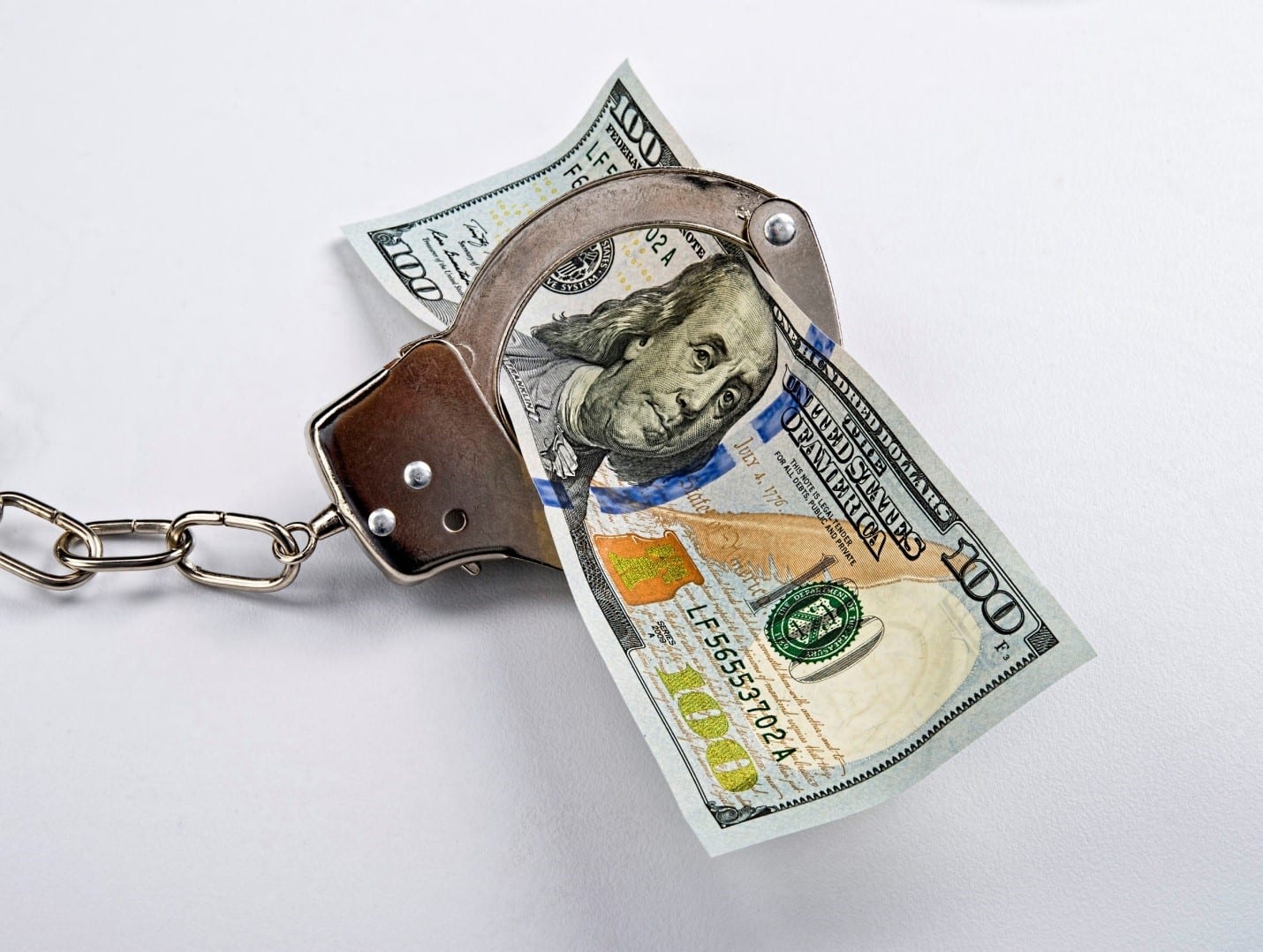Long after you’ve served your jail time or prison sentence, paid your fines, and finished out your probation, your criminal record will continue you to follow you. For many offenders in North Carolina, their criminal record represents the gravest consequence associated with a conviction. While incarceration and fines are painful, a criminal record can be life-altering and will remain with you for the rest of your days.
With a criminal stain on your permanent record, you may find it difficult to find employment, secure housing, or obtain a loan. You may be rejected from colleges and universities, and be ineligible for many professional licenses. And in today’s information age, nearly anyone with a computer will be able to access your record, which may hinder your ability to form personal and romantic relationships in the future.
Happily, there is a way to legally get rid of a criminal record in North Carolina under certain circumstances. Under state law, you are allowed to destroy a criminal record by a court order in a process known as expunction, or expungement. When you expunge your criminal record, you are legally restored to the status you occupied before your record existed. Once your record is expunged, you may lawfully deny that you ever committed the crime in almost any situation.
However, successfully expunging a criminal record in North Carolina can be tricky, and only certain cases are eligible. Below, we’ve listed 13 types of criminal records that are eligible for expunction in our state.
Dismissed juvenile record. If you were accused of being a delinquent or undisciplined juvenile when you were a minor, you may be able to have your juvenile record expunged if the juvenile petition against you was dismissed.
Undisciplined juvenile record. Similarly, you may be able to have your undisciplined juvenile adjudication dismissed after turning 18 if you have demonstrated good behavior since the adjudication.
Delinquent juvenile record. You may be able to have certain types of minor juvenile crimes expunged after 18 months have elapsed since you were released from juvenile court jurisdiction if you have not committed any further crimes as a juvenile or adult, with the exception of a traffic violation. As with an undisciplined juvenile record, you must attain 18 years of age before you may petition to have a delinquent juvenile record expunged.
Misdemeanor under 18. If you were convicted of a misdemeanor before you turned 18, or of alcohol possession before you were 21, you may have this offense expunged from your record after two years. However, you cannot have committed any subsequent crimes during the two-year period, and you must have fully completed your sentence to be eligible.
Gang offense under 18. Gang offenses that were committed before your 18th birthday may be expunged after two years have passed since the date of your conviction. As with previous examples, you must demonstrate good behavior during this period and meet certain other criteria.
Dismissed drug charge under age 22. You may be eligible to have a drug charge expunged if the charge was dismissed and you were under 22 years of age at the time of the offense.
Dismissed drug conviction under age 22. If you were convicted of a certain type of drug crime before you turned 22, you may be able to have this conviction expunged from your record after successfully completing a drug program and demonstrating good behavior for at least 12 months.
Nonviolent felony under 18. Nonviolent felonies that were committed before you turned 18 may be expunged from your record after four years. You must meet specific criteria to be eligible, such as performing 100 hours of community service and obtaining a high school diploma or GED.
Nonviolent misdemeanor or felony. A single nonviolent felony or misdemeanor crime committed as an adult may be expunged if 15 years have passed since the date of conviction, and you have demonstrated good behavior during this period.
Prostitution offenses. Certain types of prostitution offenses are eligible for expungement in specific circumstances. Typically, you may have a prostitution offense expunged if you receive a conditional discharge, if you were a trafficking victim, or if you have demonstrated good behavior for at least 3 years following your conviction.
Charges not resulting in conviction. If your felony or misdemeanor charge was dismissed, or if you were found not guilty or not responsible, you may be able to expunge this charge from your record if you have not been convicted of any other felonies.
Identity theft. If someone used your identity to commit a crime, you may be able to have any resulting criminal charges expunged from your record.
Pardon of innocence. You may petition to have your criminal record expunged after receiving a pardon of innocence.
While these are some of the most common types of criminal records eligible for expungement in North Carolina, every record is unique. To determine whether your record is eligible, consult with a knowledgeable criminal defense attorney with experience in expungements. Your attorney can examine the circumstances of your individual case, and help you understand for options. If you are eligible to have your record expunged, your attorney can guide you through the process, ensuring the best possible outcome for your petition.
About the Author
Attorney Mike Schlosser represents victims of personal injury, those charged with a crime, as well as those facing traffic charges. A former Guilford County, North Carolina District Attorney, Schlosser has been in private practice at the Law Firm of Schlosser & Pritchett since 1983 and has been a member of the North Carolina State Bar since 1973.










